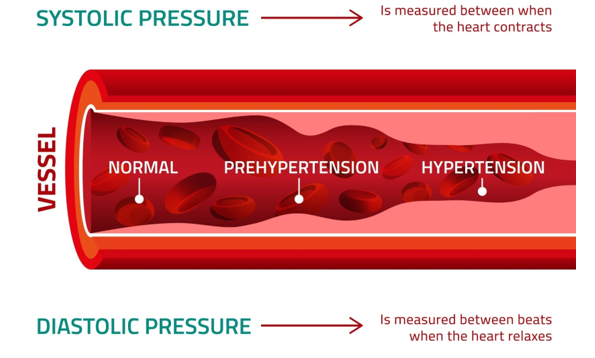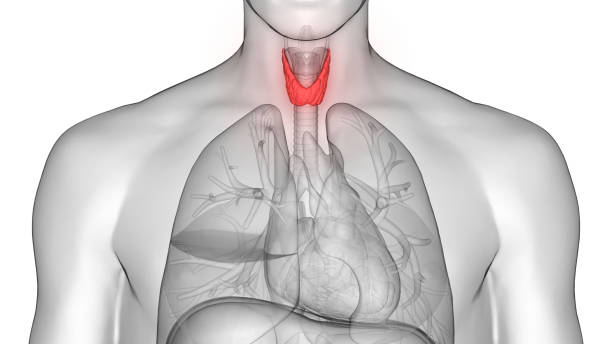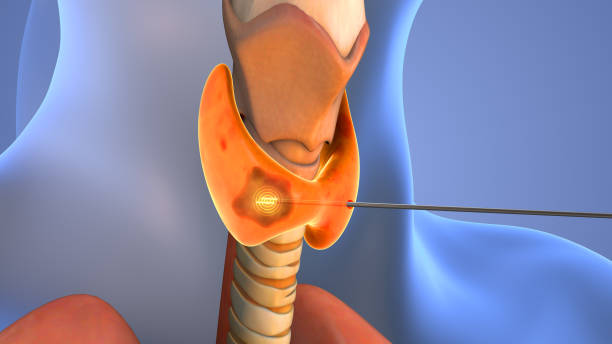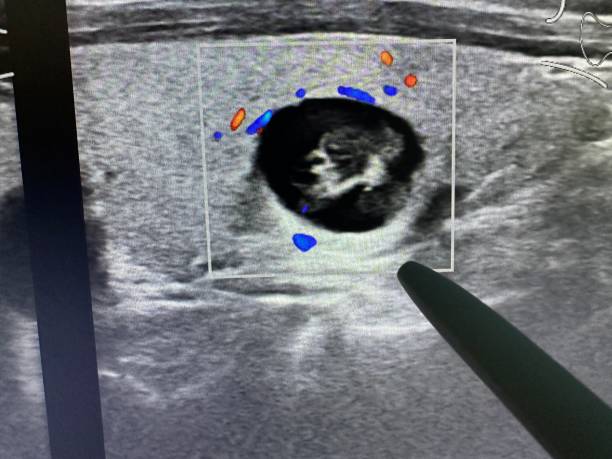
Various theories have been proposed to explain hypertension in Ayurveda, but there is no consensus among experts. Efforts are underway to enhance the understanding of hypertension’s physiology and etio-pathogenesis through Ayurvedic principles. A comprehensive review of available Ayurvedic literature has been conducted to understand hypertension’s physiology and etiology. Notably, it is suggested that hypertension, especially in its mild and moderate stages without specific symptoms, is not classified as a disease in Ayurveda but rather as an early pathogenic phase that poses a risk for diseases affecting the heart, brain, kidneys, and eyes.
How Ayurveda Treats Insomnia and Sleep Disorders
Insomnia and other sleep-related disorders can significantly affect a person’s life and destroy their physical, emotional, and mental health. Fortunately, Ayurveda, an ancient Indian healing system, has been used for thousands of years to treat insomnia and other sleep-related issues. Read on to learn more about the effectiveness of this time-honored treatment and how it can help you achieve better sleep at night.
Ayurveda is a holistic medical system in India with a history of over 5,000 years. It is based on the idea that mental, physical, and spiritual balance is essential for good health and well-being. Ayurvedic treatments for insomnia and sleep disorders often focus on restoring balance in the body through dietary adjustments, lifestyle changes, and herbal remedies.

Hormonal Regulation: Approximately 15 hormones influence blood pressure variability, including adrenaline, noradrenaline, and aldosterone, all linked to Pitta dosha.
Local Mechanisms: Vasoconstrictors and vasodilators at the vascular level, like endothelin and nitric oxide, affect peripheral resistance and blood pressure, attributed to Pitta’s functions
Common Ayurvedic Treatments for Insomnia and Sleep Disorders
Ayurvedic medicine believes that when a person’s mental, physical, and spiritual balance is maintained, they achieve optimal health. Symptoms of insomnia and other sleep disorders can be treated through various Ayurvedic methods. Some of these include:
Yoga Asanas and Pranayama Techniques for Comfortable Sleep
Pranayama and yoga are two Ayurvedic practices that can help manage insomnia. Many yoga poses and breathing exercises (known as pranayama) have been shown to aid in achieving deep, refreshing sleep. Here are some of the most effective methods:
Bal Mudra: This mudra is excellent for relieving tension and anxiety by stretching the hips and lower back.
Shav Asana: This highly soothing posture helps relax the mind and body.
Viparita Karani (Legs-Up-The-Wall Pose): This simple yet effective posture helps relieve tension in the legs and lower back while also calming the mind.
Agni Pranayama: This powerful pranayama technique energizes the body and helps detoxify it, promoting deep breathing that is calming and relaxing.
Nadi Shodhana (Alternate Nostril Breathing): This effective pranayama method for falling asleep promotes peace and relaxation by balancing activity in the left and right hemispheres of the brain

Hypothyroidism is a medical condition in which the thyroid gland is underactive, meaning it does not produce enough thyroid hormones. The thyroid gland, located at the front of the neck, plays a crucial role in regulating the body’s metabolism and energy levels. When it fails to produce adequate thyroid hormones, it can cause a slowdown in various bodily functions.
There are several risk factors that may increase the likelihood of developing this condition. Age and gender are significant risk factors, while other risk factors include a family history of thyroid problems, previous thyroid surgery or radiation therapy, and certain medical conditions such as Type 1 diabetes, lupus, and rheumatoid arthritis. Additionally, iodine deficiency, certain medications, and exposure to environmental toxins can also raise the risk of developing hypothyroidism


Both hypothyroidism and hyperthyroidism can be diagnosed through blood tests that measure levels of thyroid hormones and thyroid-stimulating hormone (TSH). Treatment for hypothyroidism typically involves daily thyroid hormone replacement medication, while treatment for hyperthyroidism may include medications to inhibit the production of thyroid hormones or, in some cases, radioactive iodine therapy or surgery to remove the thyroid gland. For more information, consult a top Ayurvedic hospital.
There are several risk factors that may increase the likelihood
Symptoms of hypothyroidism and hyperthyroidism can vary widely, and some individuals may not experience any symptoms. Here are some common symptoms of each condition:
Symptoms of Hypothyroidism:
Fatigue,Weight gain,Cold intolerance,Constipation,Dry skin,Hair loss,Depression,Memory problems,Slow heart rate,Muscle weakness
Symptoms of Hyperthyroidism:
Weight loss,Nervousness or anxiety,Rapid or irregular heartbeat,Tremors in hands and fingers,Increased sweating,Heat intolerance,Difficulty sleeping,Diarrhea or frequent bowel movements,Muscle weakness,Protruding eyes (in Graves’ disease, which is a type of hyperthyroidism)

In Ayurveda, thyroid disorders are linked to dosha imbalances (Vata, Pitta, Kapha) and energy pathway disturbances. The approach varies based on an individual’s constitution (prakriti) and the specific disorder (hypothyroidism or hyperthyroidism).
Hypothyroidism: Associated with imbalances in Vata and Kapha doshas, leading to dryness, coldness, decreased metabolism, congestion, and weight gain.
Hyperthyroidism: Linked to excess Pitta dosha, resulting in increased heat, inflammation, and heightened metabolism.
Impaired Agni: The digestive fire (Agni) is crucial; its impairment can contribute to thyroid dysfunction due to poor digestion and lifestyle choices.

B.A.M.S. from Barkatullah Vishwa Vidyalaya, Bhopal, P.G.D.E.M.S form England University